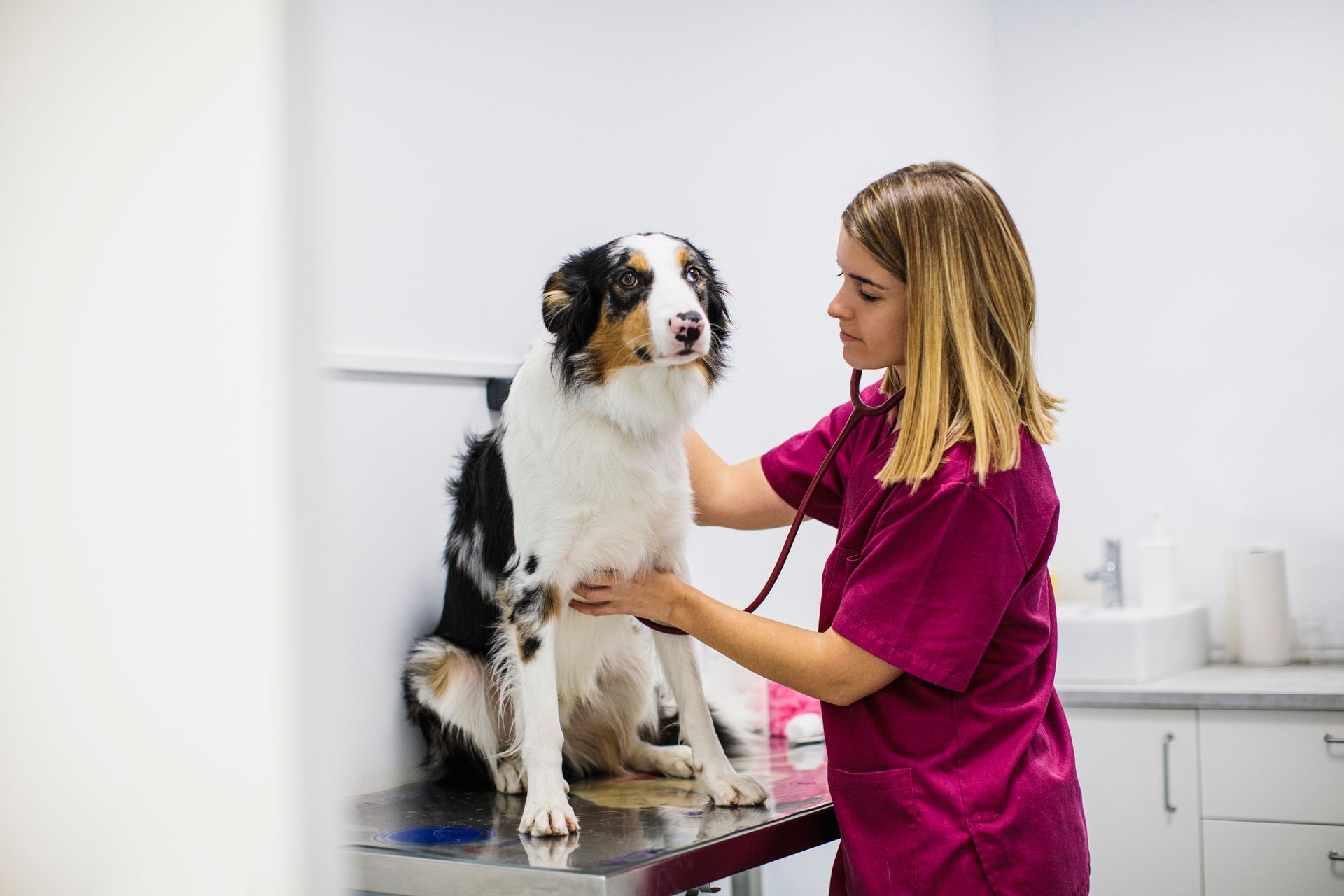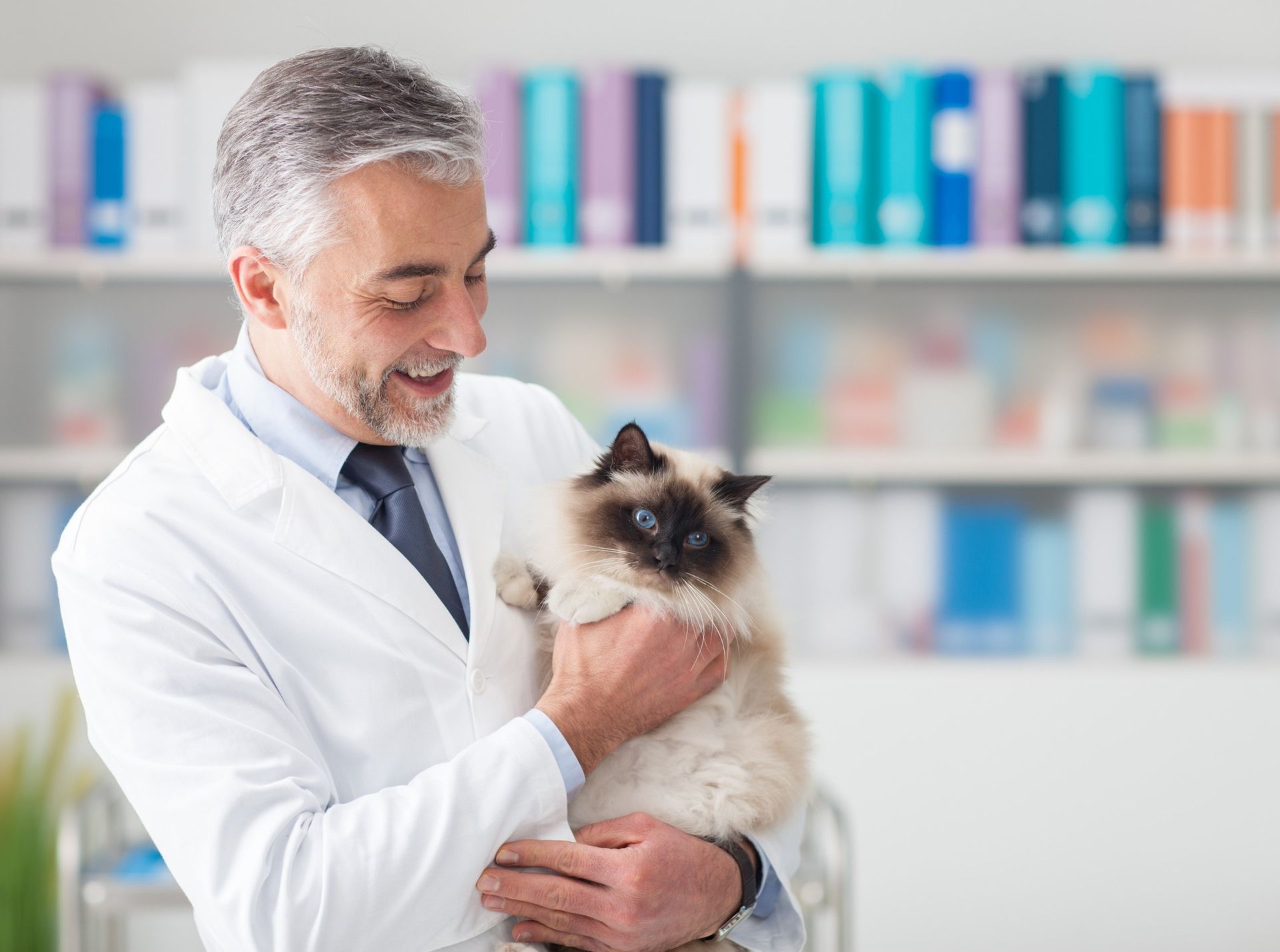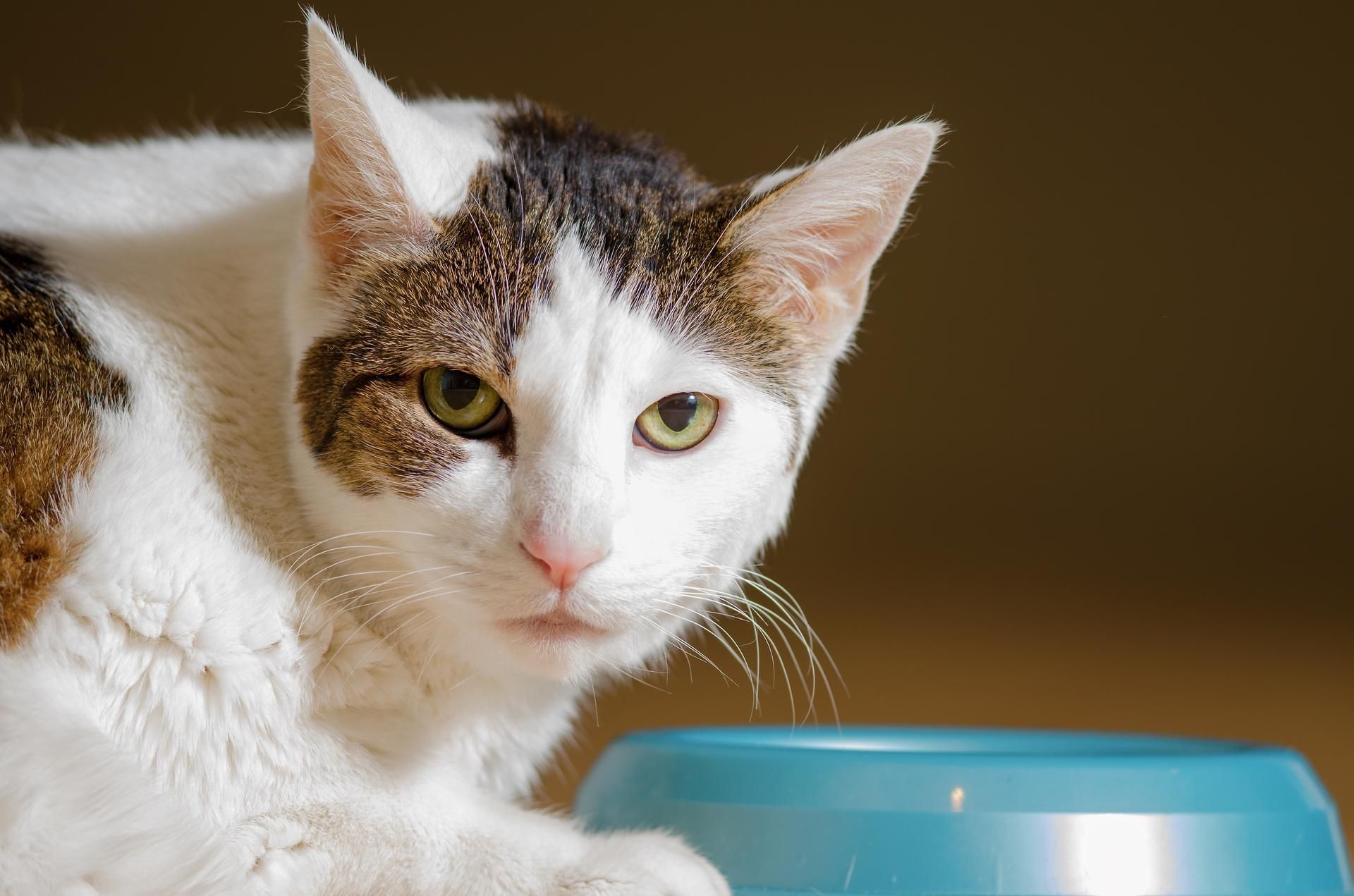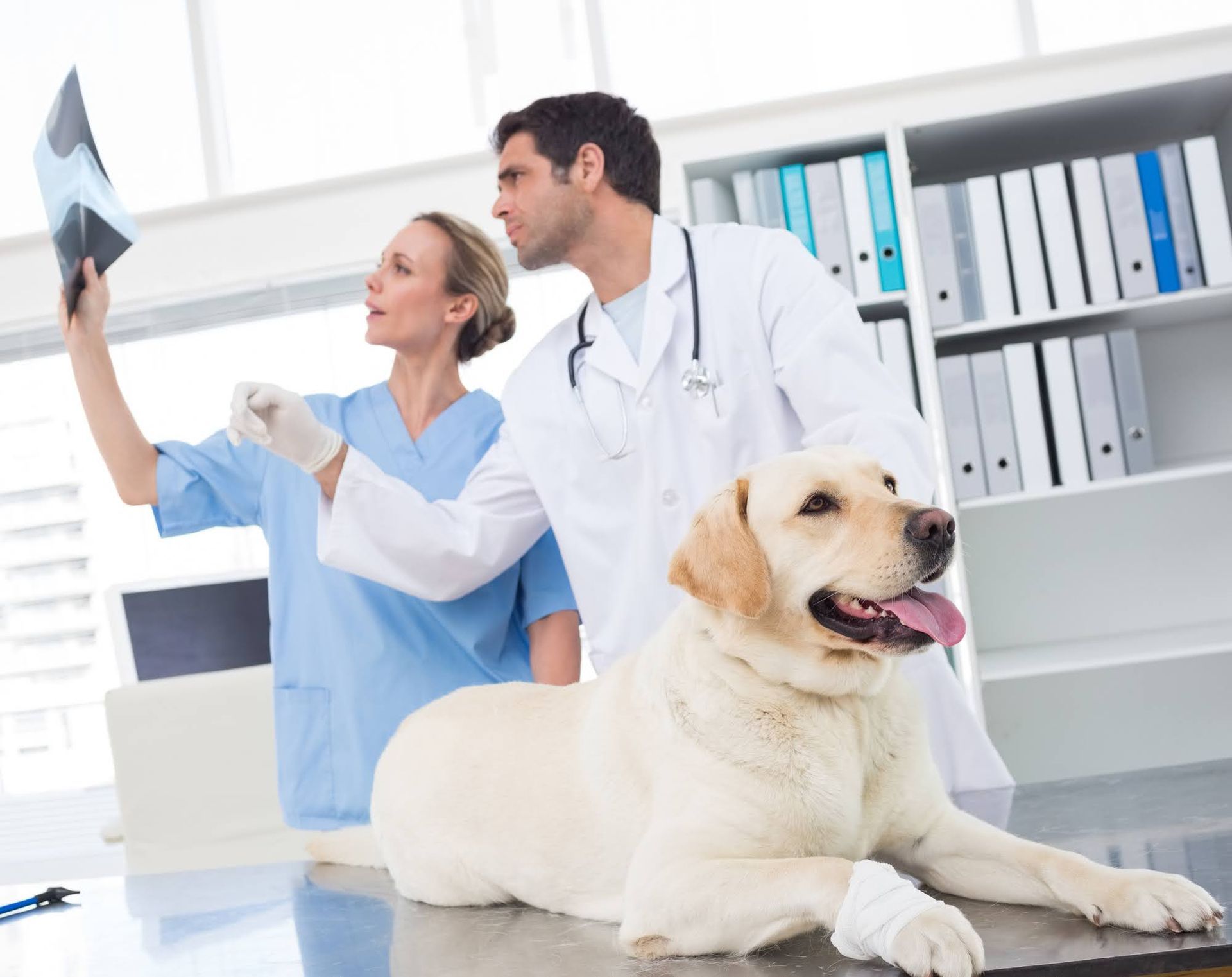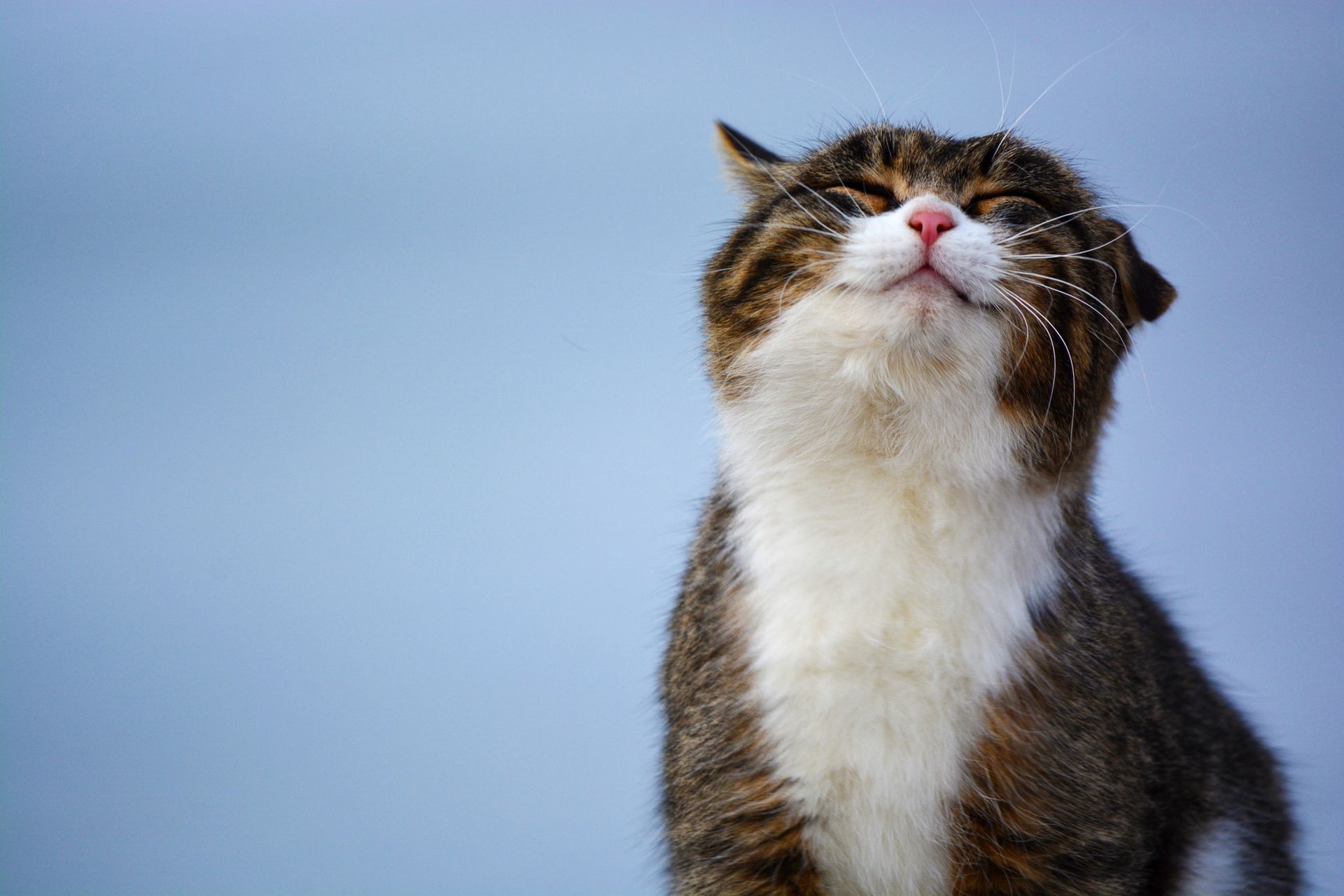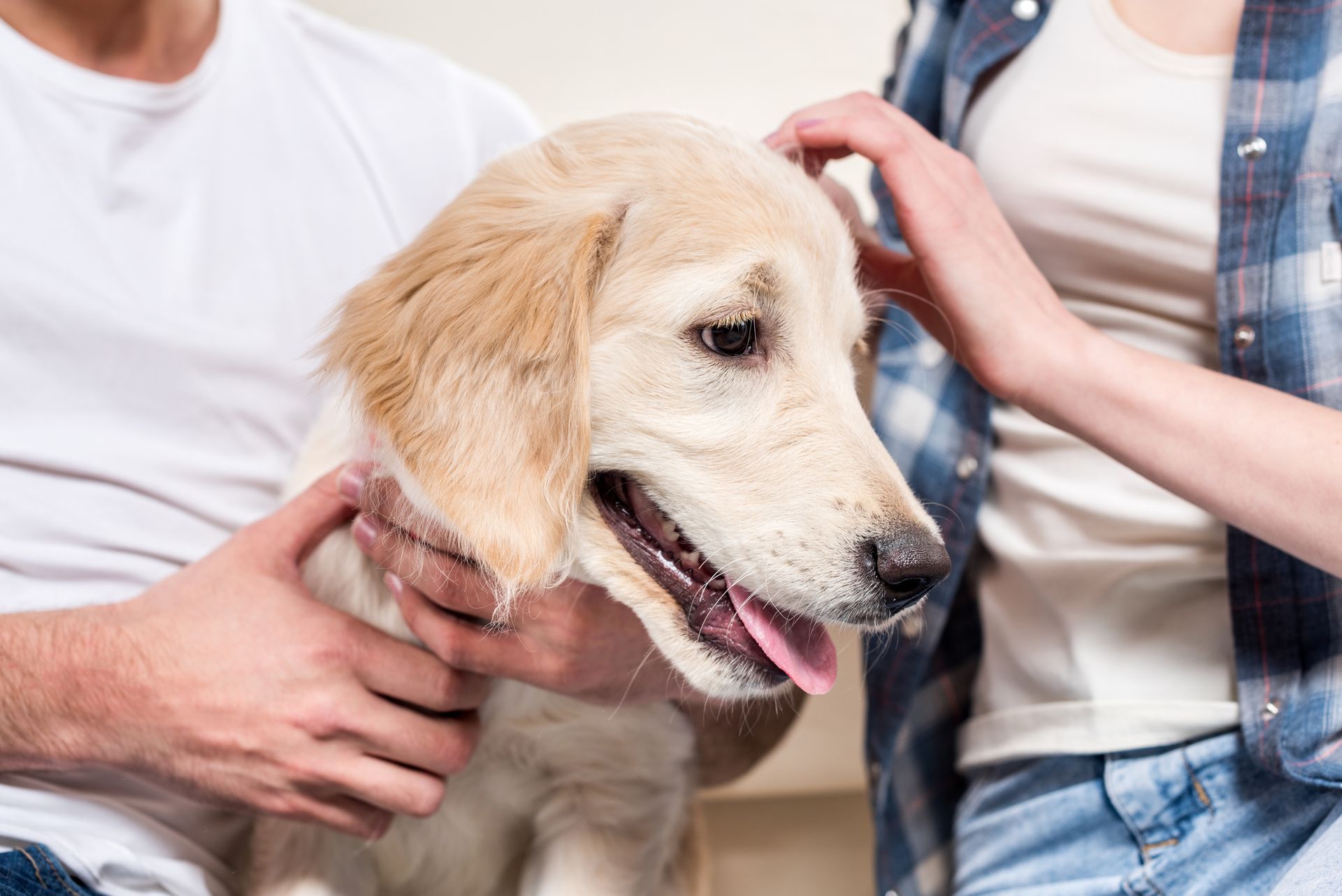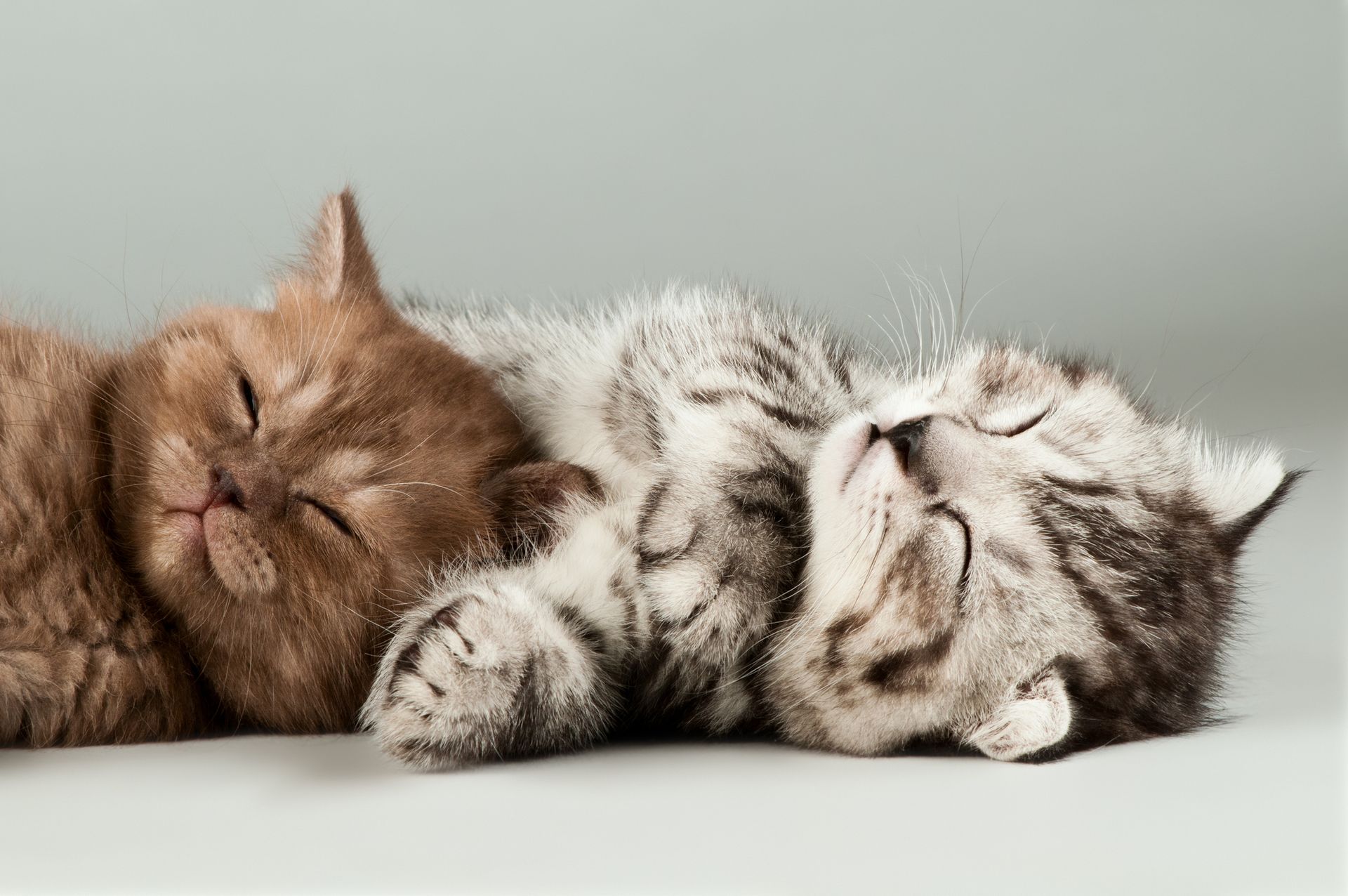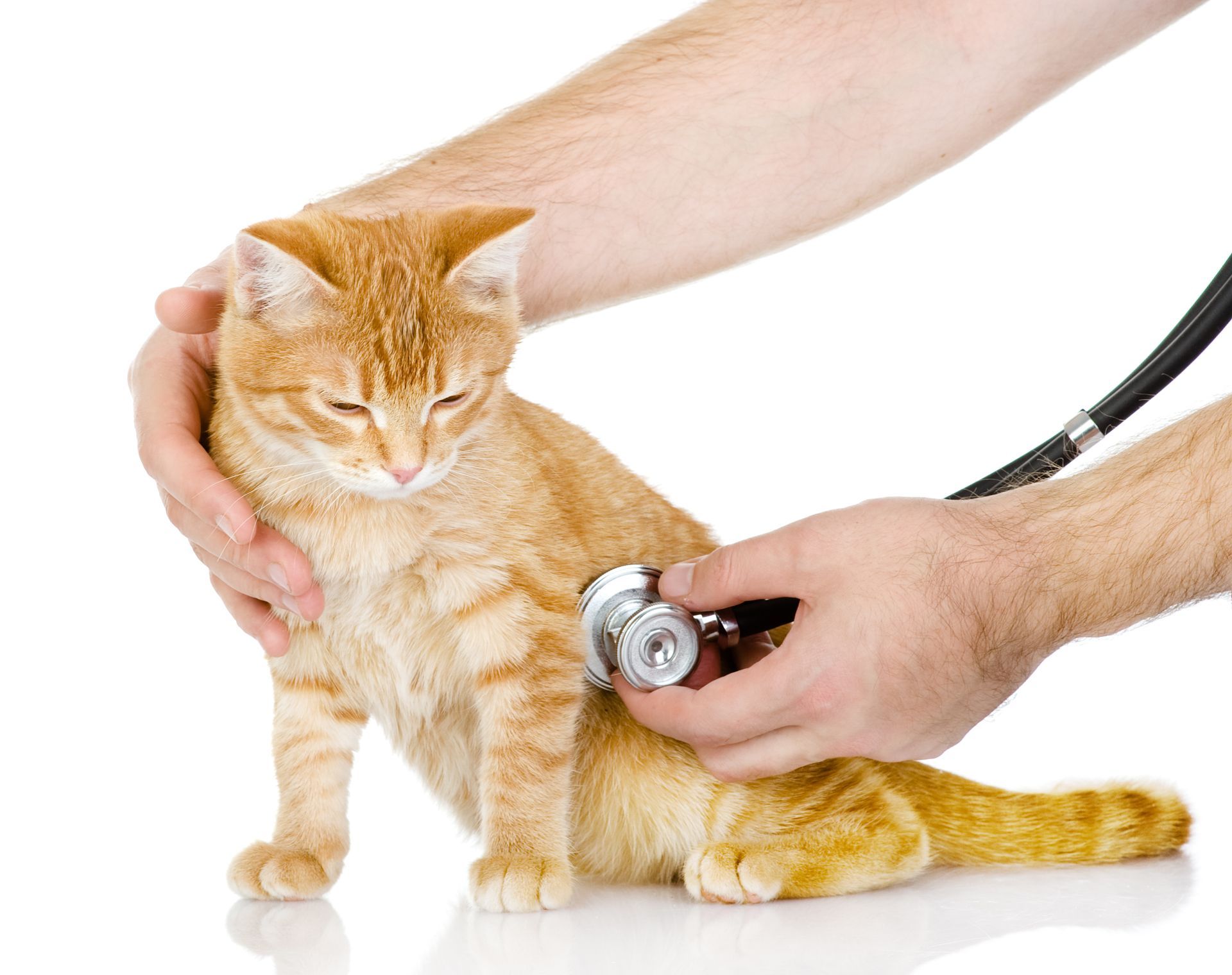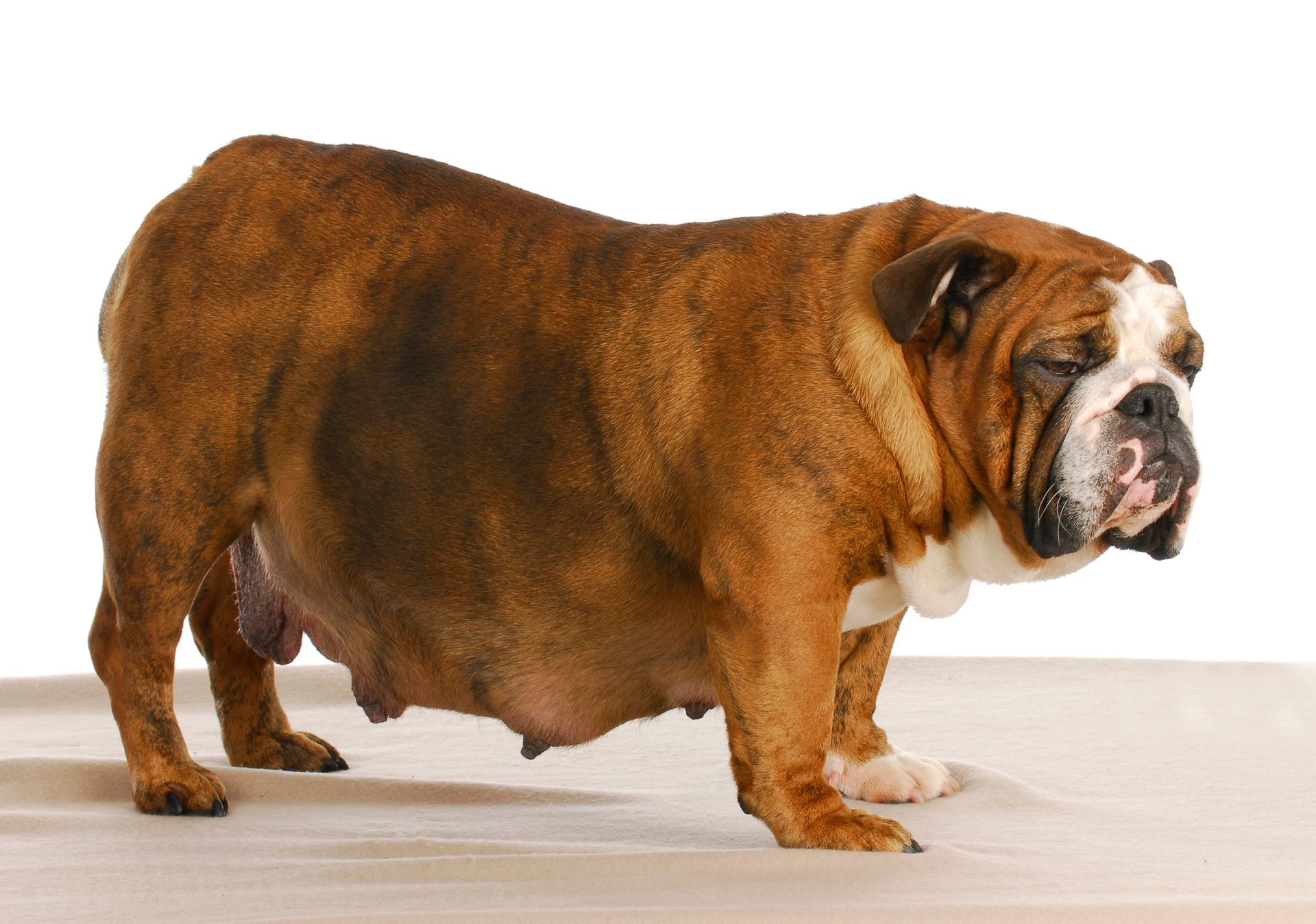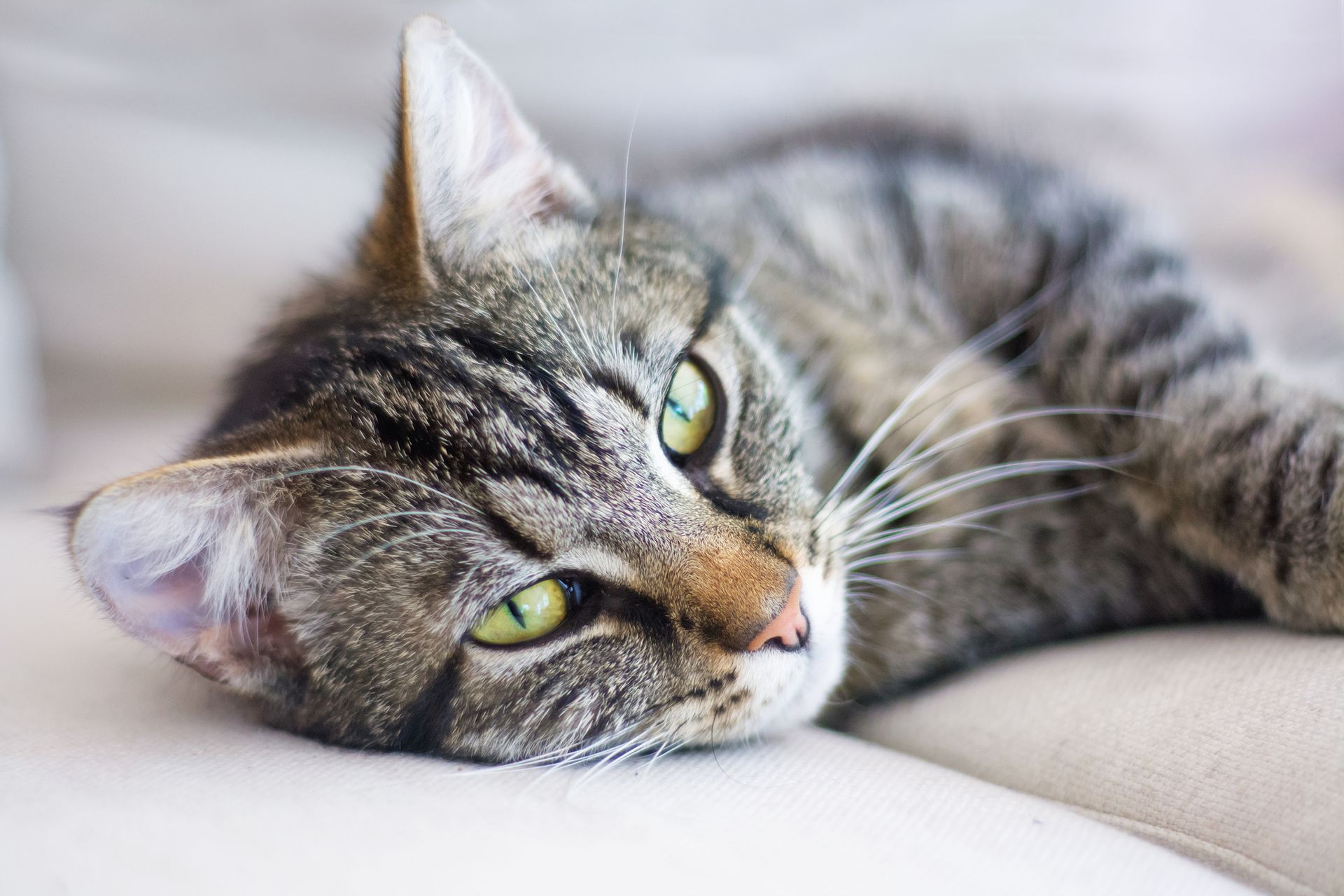Why Is Your Cat Vomiting?
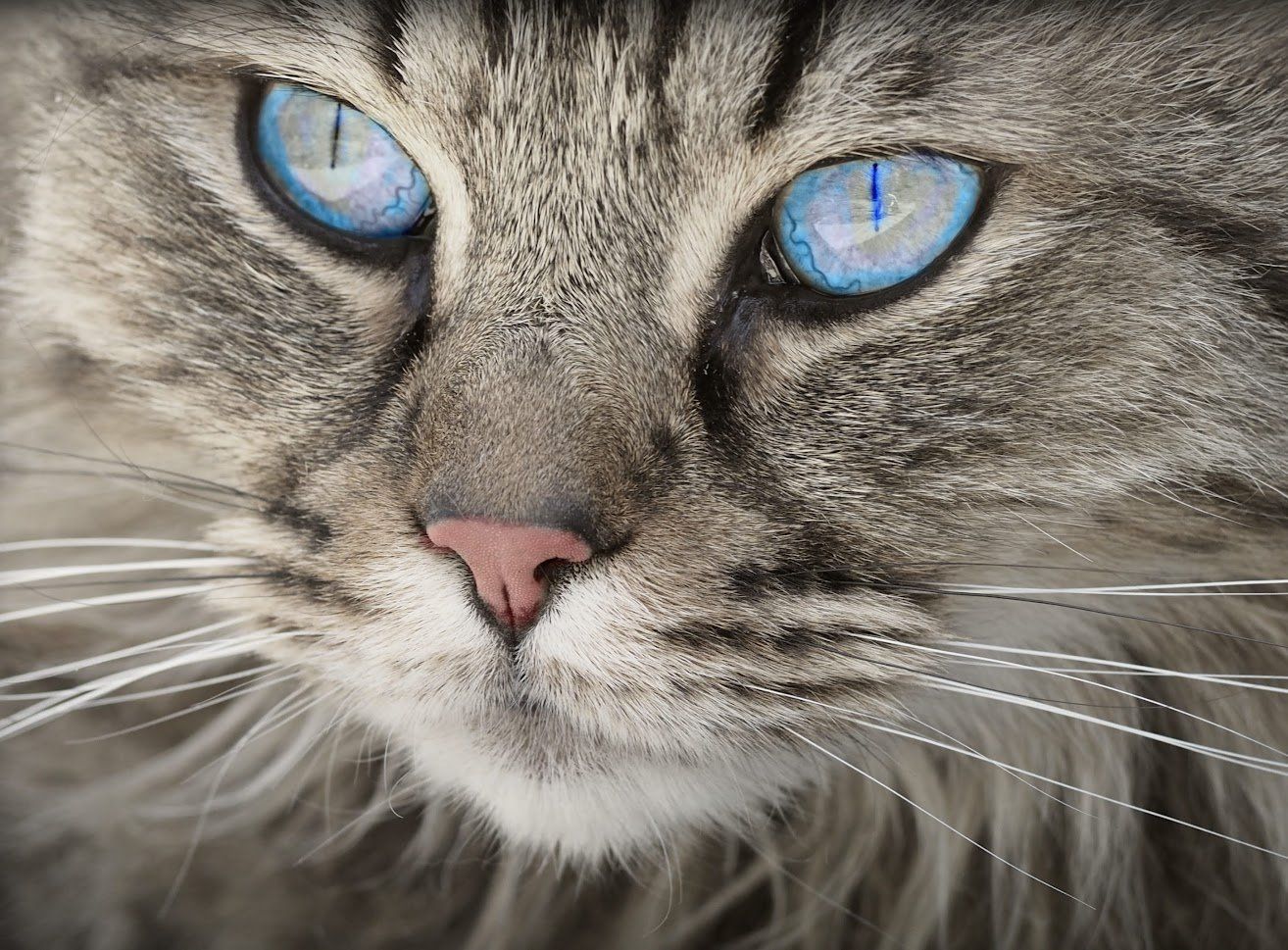
Cats are usually happy, carefree creatures that bring you endless enjoyment with their unconditional love. So, when your feline friend starts to vomit, that's often cause for alarm.
A range of issues may cause your cat to vomit, from minor triggers such as a diet change or eating too fast to more severe problems like digestive disorders or kidney disease. Discover potential causes of vomiting in cats.
Your Cat Has Hairballs
As your cats groom themselves, they may swallow some fur. This fur passes through the cat's digestive system, and the hair may eventually come out in the stool. However, the fur sometimes accumulates in the stomach and forms a hairball. The cat then vomits up the hairball. Besides vomiting, other signs of hairballs include wheezing, gagging, and hacking.
To protect your cat from hairballs, brush the cat regularly to remove loose fur. And if you notice any unusual symptoms, contact your veterinarian right away.
Your Cat Eats Too Fast or Too Much
If your cat eats too fast or consumes a large amount of food at one time, the cat may not be able to digest all the food properly. As a result, the cat may vomit up some of the undigested food.
In such cases, the vomit doesn't contain hair or bile and looks similar to the cat's food. Also, the cat won't have other symptoms like diarrhea or lethargy.
If your cat eats too fast, portion the cat's food into smaller meals throughout the day instead of one large meal.
Your Cat Has Gastrointestinal Issues
Several gastrointestinal issues may cause cats to vomit.
Infections
Vomiting is a common symptom of infections in the digestive tract, such as gastroenteritis. These infections may result from bacteria or viruses and may also lead to diarrhea.
Intestinal Parasites
Intestinal parasites, such as roundworms and hookworms, commonly cause vomiting in kittens. Kittens may also vomit worms in their stool.
Digestive Disorders
Digestive disorders, like inflammatory bowel disease (IBD), can cause vomiting in cats. If your cat has any of these issues, the cat may have other symptoms as well, such as diarrhea, weight loss, or a poor appetite. If you notice any of these symptoms, contact your veterinarian right away.
Your Cat Has Kidney Disease
Kidney disease may cause various symptoms, including vomiting. Other symptoms include:
- Drinking more water than usual
- Urinating more often
- Experiencing weight loss
- Having lethargy
If your cat has any of these symptoms, contact your veterinarian right away. Kidney disease is a severe condition and requires prompt treatment.
Your Cat Has an Allergy
Your cat may be allergic to various things, such as certain foods, pollen, and chemicals. Allergies often cause digestive issues like vomiting and other symptoms like sneezing, coughing, and itchiness.
If your cat is fine but suddenly starts to vomit after exposure to a new food, pollen, or chemical, the cat likely has an allergy. Contact your veterinarian immediately if you think your cat may be allergic to something.
In most cases, cat throwing up is not a serious issue and will resolve on its own. However, watch out for other symptoms that may accompany vomiting, such as diarrhea, lethargy, and weight loss. Such symptoms may signify a severe underlying condition and require prompt treatment from your veterinarian. Let a pet health specialist assess your cat to rule out allergy as the cause of throwing up.
Angel Pet Hospital provides emergency and non-emergency care for pets. Contact us as soon as you notice any unusual symptoms in your cat. Our team will work quickly to diagnose your cat and provide the necessary treatment to keep your cat healthy and happy.


